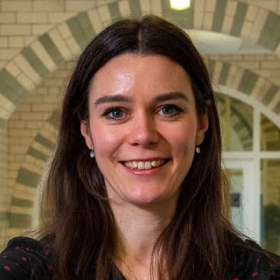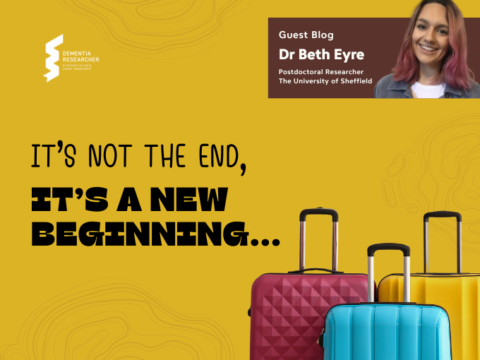Research grants can be big or small – we all start small, but that doesn’t mean the research that we are doing with that grant is of little importance. It’s a while now since I’ve received my first research grant, pretty small indeed but it helped me run a part of my PhD project whilst I was working full-time as a research assistant and doing my PhD part-time at Manchester. The grant was just over £2000 and internally from within the Faculty I’ve conducted my PhD at. It enabled me to develop a novel tool to assess everyday functioning in dementia.
When I put together this very small grant, I didn’t really know where to start in terms of costings. Behold doing costings for full-blown research grants or fellowships, that is a whole different ball game – but more on that later! Given that this grant did not involve any salary costs, but merely research expenses, I only had to cost in printing and postage for the survey and findings to participants, as well as attending a national conference to present my findings.
Since this very first grant about 7-8 years ago now, I’ve received a number of first bigger smaller grants, to a full-blown big one. And no, this is not to show off, but merely helping to conceptualise research costs and managing a research budget depending on grant size. In fact, I have had many grant applications rejected, more than I’ve been successful at. Rejections are always painful, especially when you’ve put your heart and soul into one particular application, but with time you get a bit tougher at dealing with them. So, what to do when faced with putting together, and maybe even being successful at receiving, a larger research budget?
As a rule of thumb, I’ve learned four things putting together research costs so far:
- Have a good relationship with your Research Support Office (RSO) and chase them if required. They can be pretty busy dealing with numerous applications at the same time, so make sure they support you.
- Email your RSO immediately once you have a rough idea about salary costs. Note, these will likely change as you develop the grant further, but you don’t want the salary costs to come in at the last minute when everything else is done.
- The same goes for NHS costs (if applicable). Get in touch with your local Clinical Research Network, which should help you put together your SoECAT form.
- Leave the research costs (so everything but the salary costs) till the end. You will be far too busy developing the research project, and the proposed research (type, number of participants, workshops, etc) usually changes throughout the development process. So, save yourself some time and just do it at the end.
Another added layer of difficulty is when you need salary costings for external co-investigators, which you will need almost always. Make sure to link up your RSO with their RSOs, as this again can usually take some time.
So, you’ve done the project costings, everyone in your team is happy, you submit and wait what feels like way too long. Depending on whether it’s a single or two-stage application, you and your team may have to wait a bit longer. One day you open your emails and you’ll find you actually have been successful (rare and so all the more exciting!) – but what then?
It is one thing putting together a suitable budget, but a whole different thing is to manage it.
One thing I have started doing is to create an excel spreadsheet even before the grant officially starts and create different sheets for different types of costs. Let’s say one sheet is salary, one sheet is public involvement costs, another transcription and other research costs, another conferences, and so on. Then, on each of those sheets I copy and paste the allocated and broken-down budget that was funded.
Each time I or one of my team members uses some of the budget, I create an entry for (1) type of cost; (2) date; and lastly (3) the actual cost. Using the excel sum function at the bottom of the cost column allows me then to have an immediate overview of what has been spent in a single year of the grant and how that compares against the allocated total. The University of Liverpool also sends me monthly finance updates about my grants, so I can always compare against that.
To date, I have always minimally come in under budget, and luckily never had to deal with an overspent. I am sure there are many other tips and tricks on how to manage a research budget, but I hope that this blog has given you a little insight into one of the administrative sides of the life of an academic. And yes, doing research and engaging with the public is much more fun!

Dr Clarissa Giebel
Author
Dr Clarissa Giebel is a Senior Research Fellow at the University of Liverpool and NIHR ARC North West Coast. Clarissa has been working in dementia care research for over 10 years focusing her research on helping people with dementia to live at home independently and well for longer, addressing inequalities that people with dementia and carers can face. Outside of her day work, Clarissa has also organised a local dementia network – the Liverpool Dementia & Ageing Research Forum, and has recently started her own podcast called the Ageing Scientist.

 Print This Post
Print This Post




